Posted on 12/20/2024
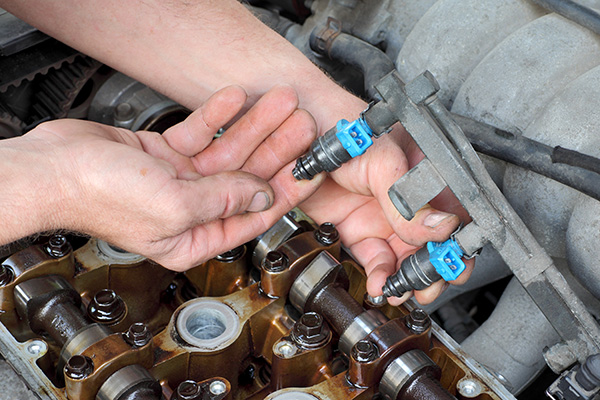
When was the last time you thought about your car’s fuel system? While it’s not as flashy as a shiny new set of tires or as obvious as a check engine light, the fuel system plays a crucial role in your vehicle’s performance. Over time, this system can get clogged with dirt, carbon deposits, and other buildup, making your engine work harder than it needs to. That’s where fuel system cleaning can help—a service that offers some incredible benefits for your car's health and performance. Restoring Efficiency with a Clean System Your car’s fuel system is made up of several components, including fuel injectors, fuel pumps, and fuel lines. These parts work together to ensure your engine gets the right amount of fuel at the right time. When this system isn’t clean, it can throw off the balance, leading to reduced efficiency and performance. Dirty fuel injectors, for example, can cause poor combustion, resulting in a noticeable dr ... read more
Posted on 11/29/2024
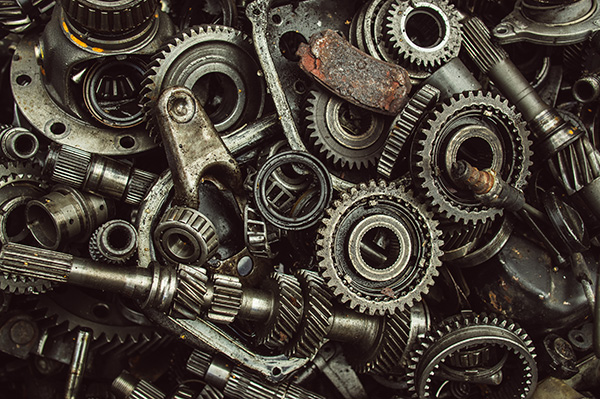
When it comes to your car’s performance, the transmission plays an important role in making sure everything runs smoothly. But what happens when your transmission starts acting up? The truth is that many car owners tend to overlook early warning signs, leading to more serious problems down the road. Understanding these signs can help you catch transmission problems early and save yourself a lot of headaches (and money). So, what should you be on the lookout for? 1. Strange Noises When Shifting Gears Hearing weird noises when your car shifts gears? That’s often a red flag. Transmission issues can produce a variety of sounds, from grinding and whining to clunking noises. If your car is making an unusual sound, especially when changing gears, it could be a sign that your transmission is struggling. These noises might indicate worn-out gears or low transmission fluid, both of which can lead to more significant issues if left unchecked. A well-functioning tra ... read more
Posted on 10/31/2024
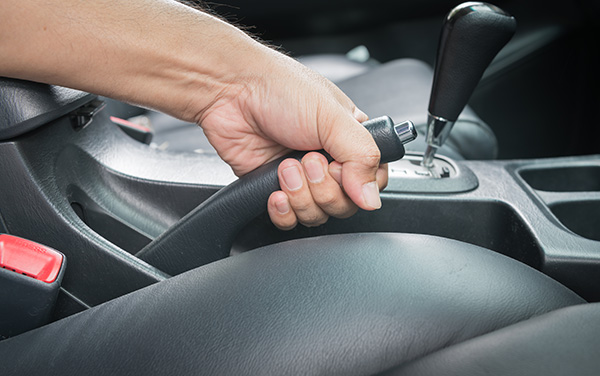
Did you just park your car and pull the parking brake, but now it refuses to release? This frustrating scenario isn’t just inconvenient—it could potentially lead to more serious issues if ignored. A stuck parking brake is a common problem, and various underlying factors can cause it. From weather conditions to worn-out parts, understanding the reasons behind this issue can help you resolve it quickly and safely. What Causes a Parking Brake to Stick? The parking brake, or emergency brake, is designed to keep your car stationary when parked, especially on slopes or uneven terrain. When it gets stuck, it usually means something has gone wrong within the brake system. Here are the most common culprits: 1. Cold Weather Freezing the Brake Cables If you live in a cold climate, freezing temperatures could be to blame for your stuck parking brake. The brake cables that connect the lever to the brakes can freeze due to moisture buildup. This typi ... read more
Posted on 9/27/2024
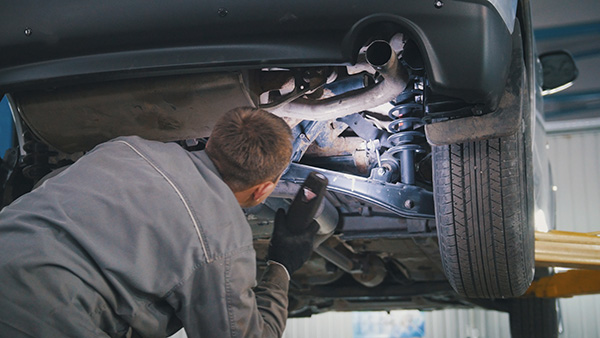
Buying a car, whether it’s brand new or used, is a big investment. It’s easy to get swept up in the excitement of owning a new vehicle, but making sure you’re buying something reliable should always come first. One of the smartest moves you can make before purchasing is to get a pre-purchase car inspection. This simple step can save you from costly surprises down the road. So, what exactly makes a pre-purchase inspection so essential? Here are ten key reasons why it's worth every penny. 1. Spot Hidden Issues Early When you're looking at a car, everything might appear fine on the surface. However, there are plenty of underlying issues that could be lurking under the hood. A pre-purchase inspection helps uncover these problems, whether it’s something small like a worn-out part or a bigger issue like engine trouble. Catching these problems earl ... read more
Posted on 8/30/2024
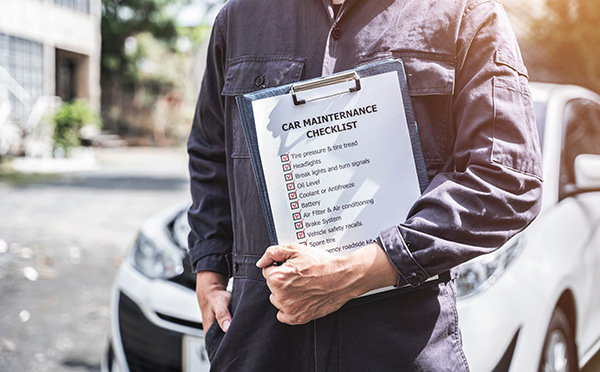
As summer fades and the school year approaches, it's time to prepare for the busy days ahead. Amidst shopping for school supplies and organizing schedules, don't forget one crucial aspect: your car's safety. Ensuring your vehicle is in top condition is vital for the daily school run and other activities. This comprehensive checklist will guide you through essential car safety checks and maintenance tasks, ensuring peace of mind and a smooth start to the school year. Tire Check Tires are the only part of your car that touch the road, making their condition crucial for safety. Start by checking the tread depth. Tires with insufficient tread can compromise traction, especially in wet conditions. An easy way to check this is by using the penny test: insert a penny into the tread with Lincoln's head facing down. If you can see the top of Lincoln's head, it's time for new tires. Ensure your tires are properly inflated. Under-inflated tires can lead ... read more
Posted on 7/26/2024
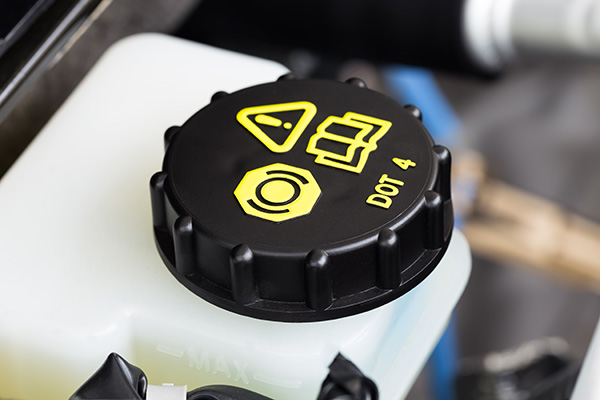
Brake fluid is often overshadowed by more visible maintenance tasks, like oil changes or tire rotations, but maintaining proper brake fluid condition is critical for safe driving. We'll analyze why brake fluid degradation poses risks, signs that indicate it needs changing, and the importance of professional maintenance to ensure your brakes perform reliably in critical moments on the road. Why Brake Fluid Matters Brake fluid is a hydraulic fluid that transfers the force from your brake pedal to the brake pads, creating the friction needed to stop your car. It's specially formulated to withstand extreme temperatures and pressures. However, brake fluid isn't invincible. Over time, it can absorb moisture from the air, which can lead to a host of problems. How Brake Fluid Degrades Brake fluid is hygroscopic, meaning it absorbs moisture from the environment. Even in a sealed system, small amounts of moisture can find their way into the brake ... read more
Posted on 6/27/2024
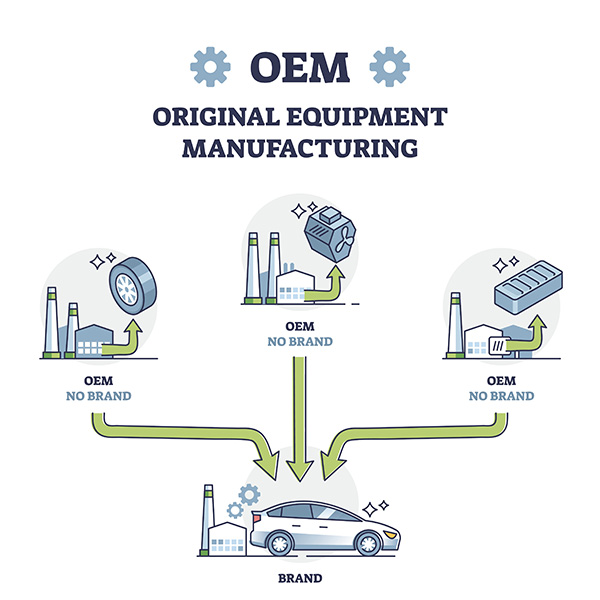
When it comes to maintaining your vehicle, choosing the right parts can significantly affect its performance, reliability, and longevity. But with so many options available, how do you know whether OEM (Original Equipment Manufacturer) parts or aftermarket car parts are the better choice? OEM Parts OEM parts are components that are made by the same manufacturer that produced the original parts installed in your vehicle when it was built. These parts are designed to meet the exact specifications and quality standards set by the vehicle manufacturer, ensuring a precise fit and optimal performance. Benefits of OEM PartsExact Fit: OEM parts are engineered to fit your vehicle perfectly, guaranteeing compatibility and eliminating the need for modifications or adjustments. Quality Assurance: Since OEM parts are made by the same company that built your car, you can trust that they meet the highest quality standards and s ... read more
Posted on 5/28/2024
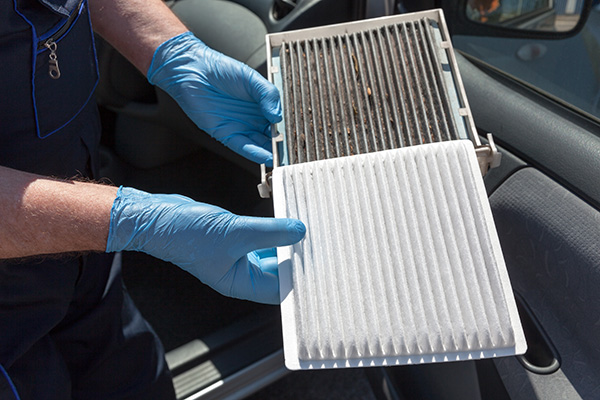
Have you ever wondered how something as seemingly small as an air filter could significantly impact your vehicle's engine performance? Let's explore the crucial role of air filters in maintaining engine health and the consequences of neglecting their maintenance. The Engine Intake Air Filters Air filters are essential components of a vehicle's intake system, responsible for trapping dirt, dust, pollen, and other contaminants before they enter the engine. By ensuring that only clean air reaches the engine, air filters prevent potential damage to critical engine components and maintain optimal performance. Effects of a Clogged Air Filter When an air filter becomes clogged with debris over time, it restricts the airflow to the engine, leading to several adverse effects on performance. Reduced airflow can decrease engine power and efficiency as the engine struggles to draw in sufficient air for combustion. Additionally, a clogged air filter ... read more
Posted on 4/27/2024

Roadside emergencies are unexpected and can cause significant stress and inconvenience for drivers. Knowing how to anticipate and prevent these situations can help ensure safer travels. 1. Flat Tires Flat tires are one of the most common issues drivers face on the road. Factors such as punctures, blowouts, or worn tire treads can lead to flat tires. To avoid this, regularly inspect your tires for signs of wear and tear, maintain proper tire pressure, and avoid driving over debris on the road. 2. Dead Battery A dead battery can leave you stranded, especially in cold weather or after leaving lights on overnight. To prevent this, ensure your battery terminals are clean and securely connected, avoid leaving accessories plugged in when the engine is off, and consider replacing your battery every few years as part of routine maintenance. 3. Running Out of Fuel Running out of fuel is a common but easily avoidable roadside emergency. Mak ... read more
Posted on 3/29/2024
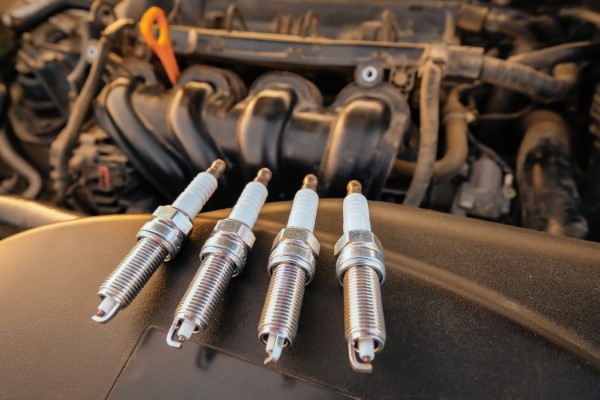
That sinking feeling when you turn the key in your car's ignition, and nothing happens. It could be a sign that your car's starter is on the fritz. The starter is a vital component of your vehicle's electrical system, and it is responsible for initiating the engine's combustion process. When it starts to malfunction, it can leave you stranded and frustrated. Engine Cranks Slowly or Won't Start One of the most obvious signs of a faulty starter is when your engine cranks slowly or refuses to start. When you turn the key in the ignition, you may hear a clicking noise or a series of rapid clicks, indicating that the starter is struggling to engage. This could be due to a worn-out starter motor, corroded electrical connections, or a weak battery. If you experience difficulty starting your car, it's essential to have the starter inspected by a qualified mecha ... read more